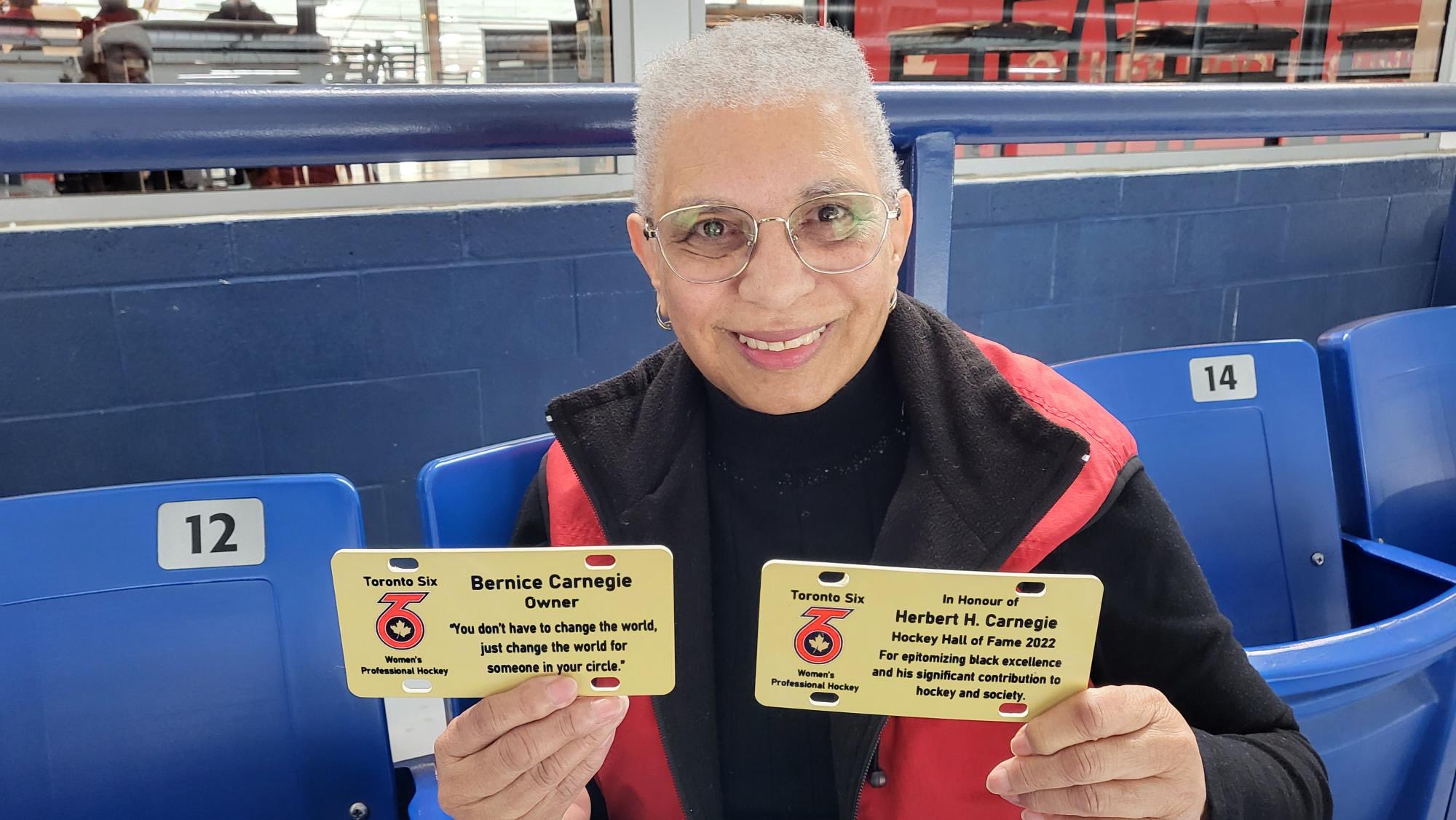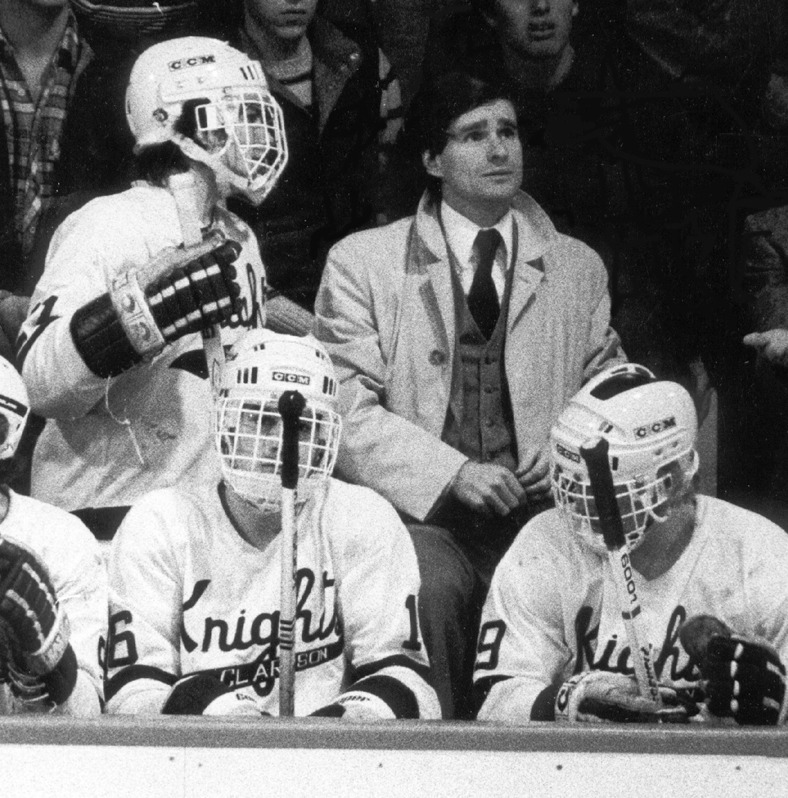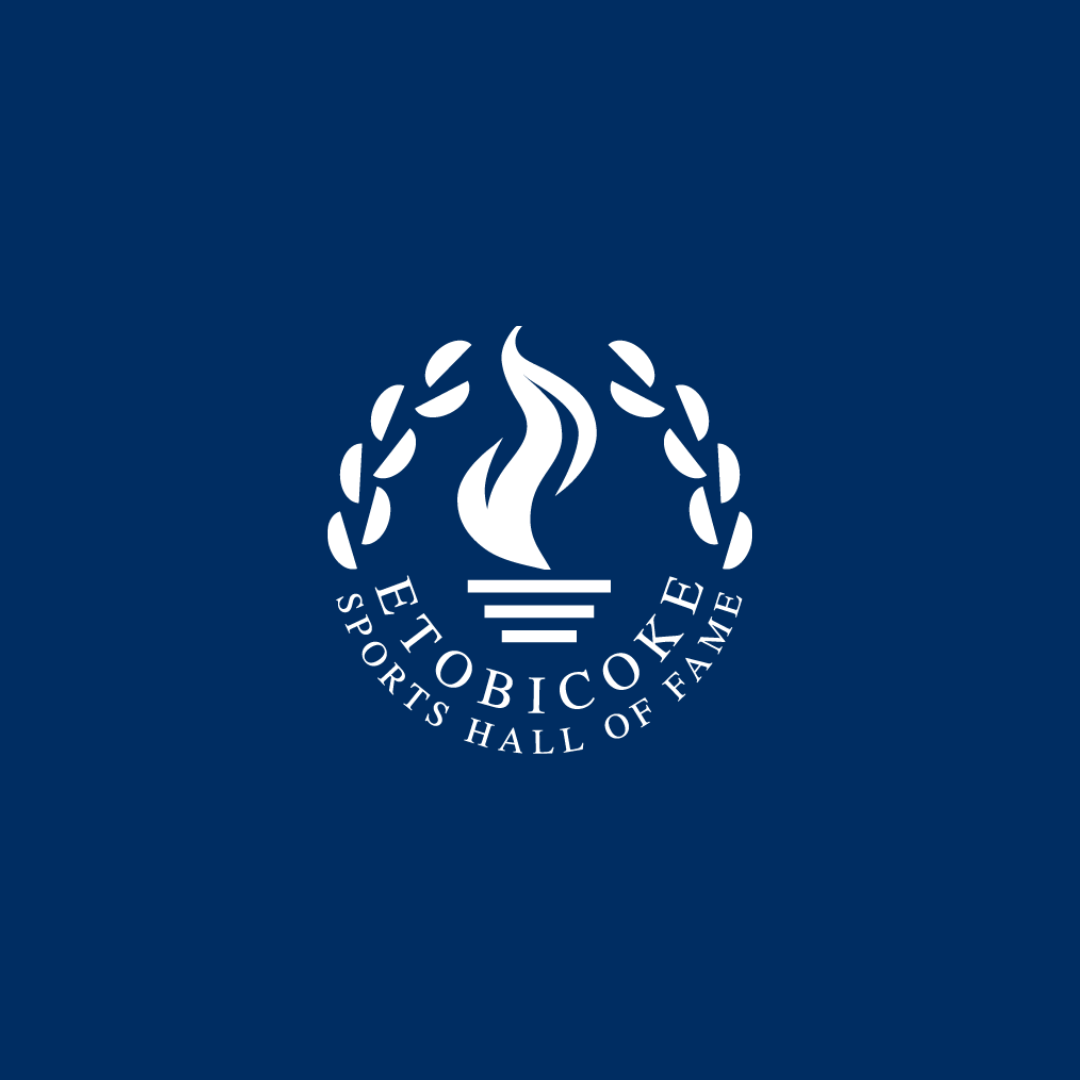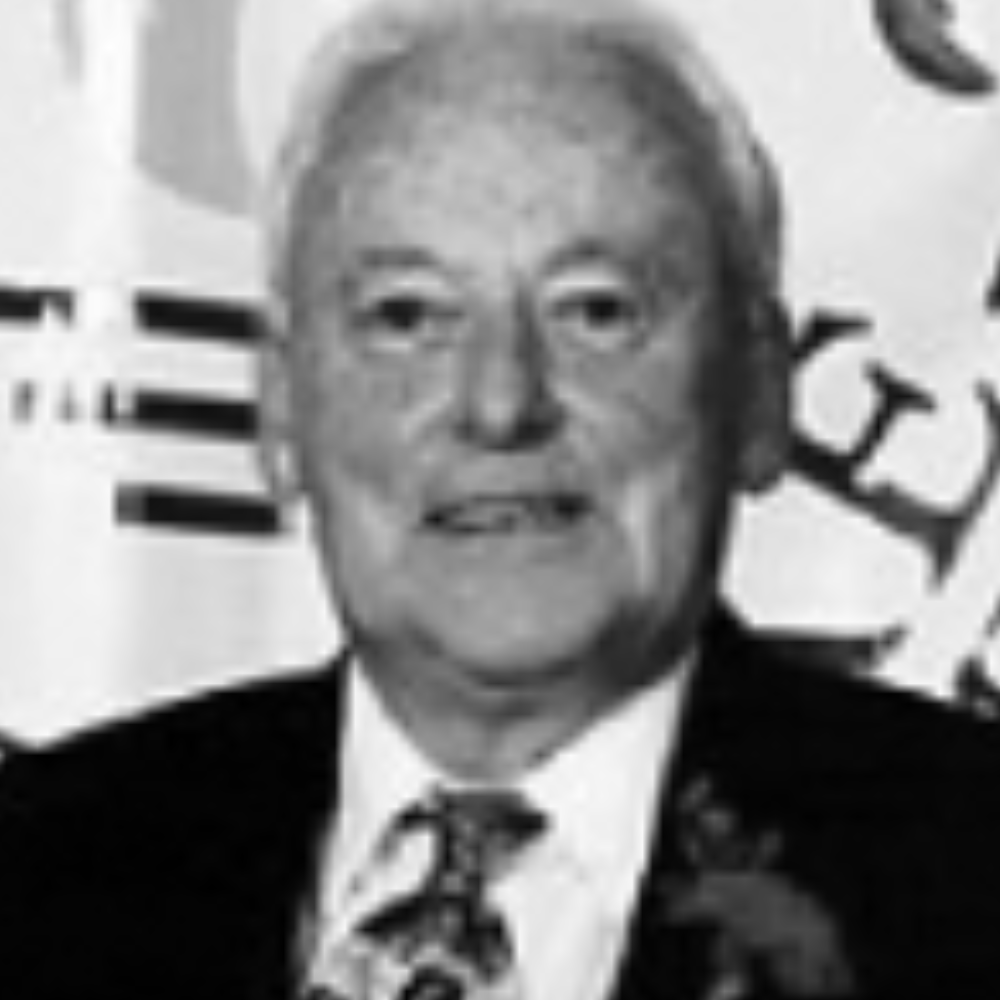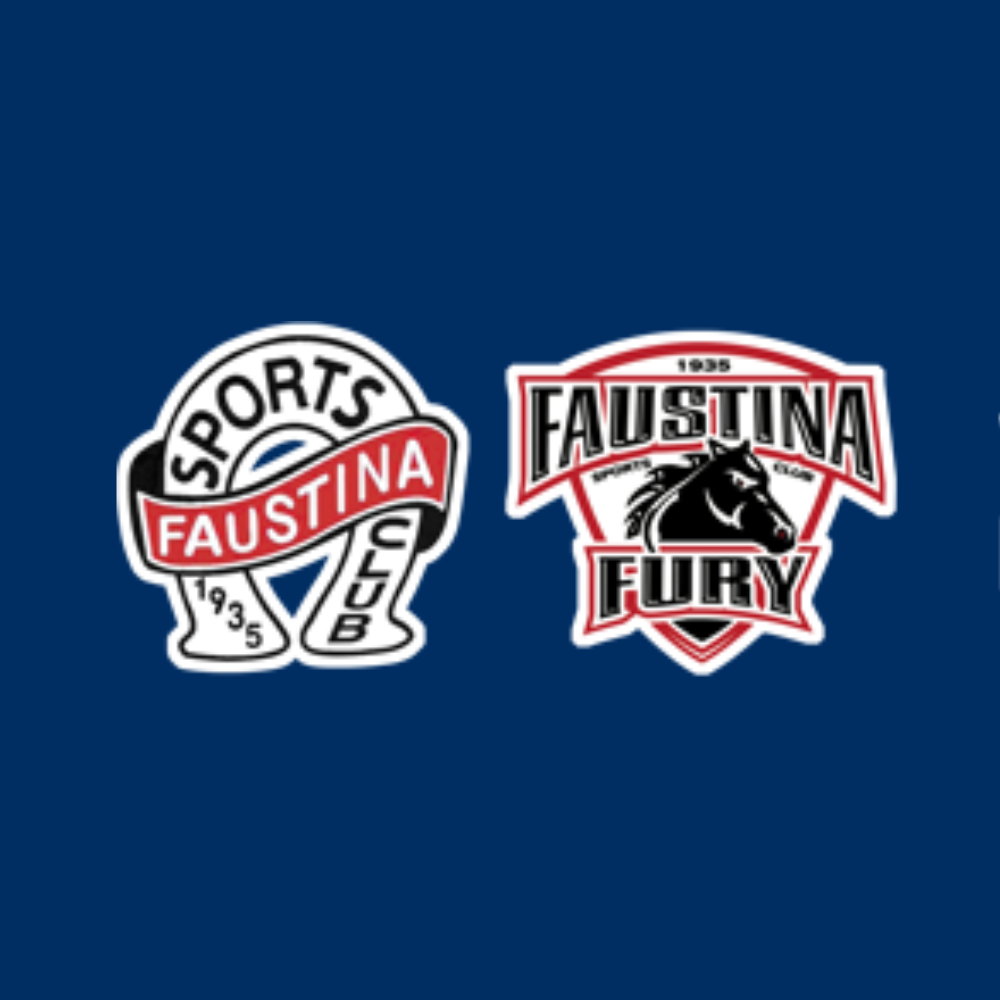Toronto sports fans hope a professional engineer can build winning rosters for the Maple Leafs, Raptors, Marlies and Toronto FC. The task of balancing expectations from shareholders and impatient fans while fielding competitive teams in three world-class leagues requires the deft touch of a detail-oriented big thinker.Enter Tom Anselmi, a veteran sports executive who was recently appointed president and chief operating officer of Maple Leaf Sports and Entertainment. “It feels terrific. I’m excited about our future,” said Anselmi of leading Canada’s most storied and lucrative sports empire. “For a Toronto guy who grew up playing minor hockey in the west end, it’s an honour and a thrill.”The Etobicoke-born executive was named to the top job after an eight-month search to replace retiring president Richard Peddie, who gave Anselmi his blessing. Upon his appointment in September 2012, analysts noted that the MLSE stalwart knows the company inside out and could maintain stability as the billion-dollar organization transferred ownership from the Ontario Teachers Pension Plan to Rogers Communications Inc. and BCE Inc. But fans hungry for a championship—or just a playoff berth—can be most encouraged by Anselmi’s attitude toward the product on the field. “We all feel the pressure to win. It’s all about team success. That is our priority,” he said.From childhood, the sports-loving left winger, who grew up in the rinks of the Humber Valley and Queensway Faustina hockey leagues, seemed destined to run the Leafs. As a senior student at Sunnylea Public School, Anselmi was chosen to present a class project about how to remodel Maple Leaf Gardens to a bemused Harold Ballard and King Clancy. The Royal York Collegiate graduate saw his first live Leafs game in the Gardens at age 14. “And I still remember it vividly,” he said, describing the sounds and colours of the hallowed arena, where everything seemed bigger and brighter than it did on television. Watching the 1967 Stanley Cup win with his father “feels like yesterday,” he said. Anselmi’s uncompromising commitment to success was fostered as a landscape architecture student at Ryerson, and later while studying to be a civil engineer at the University of Saskatchewan.
After graduation he worked on mining and construction projects in the booming Prairies before a strong interest in sports led him from Saskatoon to Toronto to be a project manager on an unprecedented stadium construction project called the SkyDome. “It was absolutely revolutionary,” Anselmi said of the $500 million project. “It was being talked about around the world.” The SkyDome enthralled the young engineer, and convinced him that a boom in arena projects was imminent.
He helped build Rogers Arena in Vancouver before MLSE brought Anselmi on board in 1996 to manage the design and construction of the Air Canada Centre. He arranged the opening ceremonies at the ACC and the closing ceremonies for historic Maple Leaf Gardens.
A promotion to senior vice president and chief marketing officer in 1999 gave Anselmi experience with broadcast media, ticket sales, branding and communications, before moving to executive VP and COO for business operations in 2004. He was the de facto head of MLSE during the nine-month search to replace Peddie prior to officially being named president.
“Tom’s proven strength in operations has made him a respected leader here at MLSE and across the sports and entertainment industry,” said MLSE chair Larry Tanenbaum. “His passion for our teams and our fans makes Tom the perfect choice as president and COO of this great organization.”
“Tom has never forgotten where he came from or the people he met on the way up,” said Leafs alumni executive and Etobicoke Sports Hall of Fame member Mike Pelyk.
The busy executive took a hands-on approach as head of Toronto FC, encouraging a passionate fan base that sold out every game in the team’s first three seasons. High turnover of coaches and players has kept Toronto FC from the playoffs thus far in its short existence, but Anselmi’s desire to win is unmatched, and he plans to get all MLSE teams winning again in short order.
However, he has been in the industry long enough to cultivate a sense of balance and perspective in sports, where the dedication of the fan base is matched only by the unpredictability of the on-field product. “There’s no other industry where your customer has the kind of passion that they do in sports,” Anselmi said. “Leadership is about having a clear vision of what you’re trying to accomplish, and a set of values.”
Anselmi’s engineering background helps him solve problems and think strategically, while as a leader, he focuses on promoting the triple goals of team success, a good relationship with fans, and positive involvement in the community. To these ends, he is a member of various trade and business organizations, vice chair of Get Active Toronto and on the board of KidSport Canada. The avid outdoorsman enjoys boating, cycling and snowmobiling, along with playing pick-up hockey. Away from sports, he plays rhythm guitar at charity gigs with the MLSE staff band, Play to Win.
Perhaps his most significant philanthropic contributions are the five goodwill trips Anselmi made to Afghanistan to visit Canadian troops, a commitment to the armed forces that earned him the Chief of Defence Staff Commendation, the highest military honour awarded to civilians. Inspired by the memories of his late father, Etobicoke pharmacist William Thomas Anselmi, and grandfather Tommaso—who served in the Canadian Navy and Army, respectively—Anselmi brought several dozen former NHL players to play pick-up hockey with the troops. It was “a life-changing experience” for each member of “Team Canada,” Anselmi said. “We all went over there thinking our job was to inspire the troops, but we found that they were the ones inspiring us. We were blown away by these great Canadians and the job they’re doing over there.”
Anselmi feels honoured to join friends and mentors like Mike Pelyk and the late George Gross in the Etobicoke Sports Hall of Fame, even though he expects some good-natured ribbing from his beer league hockey mates as they point out his photo in the ESHOF display at the MasterCard Centre.
The new MLSE sheriff understands that fans don’t care about the corporate bottom line. They want to see championships—and so does he. “I think Toronto is a great sports town. Our fans are some of the greatest in the world. We’ve been through a drought for five years, and it’s going to end soon. It’s been difficult, but our fans have stuck with us,” Anselmi said, promising that on-field success will reward their patience.
“It’s going to be a lot of fun.”

